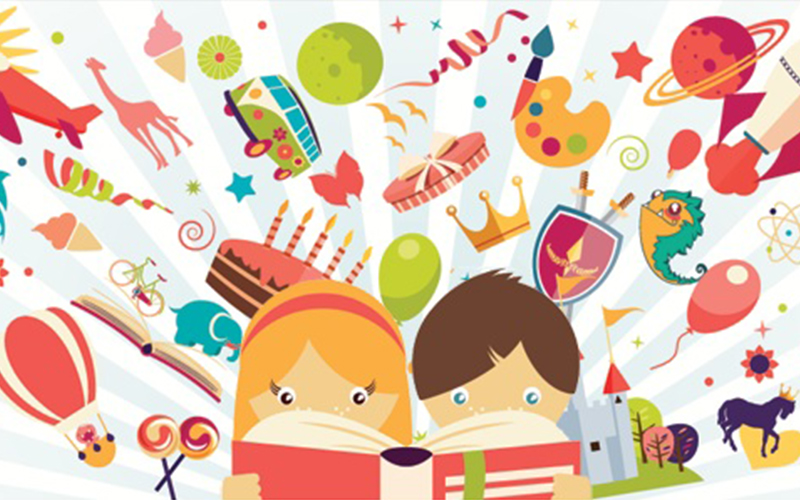Unlocking Learning Through Creative Literacy
Creative literacy is a concept that seeks to impart holistic learning through creative thinking
With naturally curious minds, children seek stimulation and expression that help them to explore and understand the world they live in. Early childhood education, therefore, becomes crucial in shaping formative understanding in young children.
Creative literacy is a concept that goes beyond simply reading and writing and seeks to impart holistic learning through creative expression and activities, as well as visualisation and creative thinking. It can be harnessed as a powerful learning tool that engages the child’s imagination and creative expression which subsequently leads to better understanding and learning.
Sharing his thoughts on creative literacy, Amol Arora, Managing Director, Shemrock & Shemford Group of Schools says, “The concept of creative literacy is nothing but bringing together creativity and literacy in a holistic manner so that learning is not just limited to reading or writing but promotes imagination and higher-order thinking skills in children”.
Some of the ways in which creative learning can be imparted are through:
- Art and drawing
- Literature and story-telling
- Animation and films
- Play-acting
Benefits of Creative Literacy
The benefits of creative literacy are manifold, as it encourages children to engage and visualise as they learn. It allows for more inclusivity in the classroom and puts the child at the centre of learning.
Creative learning improves listening and oral skills and enhances knowledge retention. It also helps to foster team-building, teach practical skills and enhance engagement which leads to more effective learning. It is also beneficial to differently-paced learners who struggle with traditional learning methods.
Creative Literacy in India
In the Indian context, creative literacy plays and will continue to play a larger role in education. As flipped classrooms and blended learning become the norm in the post-pandemic age, creative literacy can offer impactful and engaging ways for children to learn.
The government, through the NEP 2020 looks to transform India’s education sector and steer education away from conventional rote-learning. Creative literacy in early childhood education can lay the foundation of innovative thinking that children will take with them throughout their lives.
Arora added, “Creative literacy can prove to be a powerful tool in teaching in schools in India if applied systematically. From structured play and activities to informal games and imaginative play, play‐based learning is an integral part of creative literacy and helps children acquire the knowledge, skills and understanding they need to make sense of the world around them. It makes them capable enough to independently tackle literacy tasks in the future and thus lead creative, stimulating lives”.
Emphasizing why creative literacy is important in learning, Dr Shauli Mukherjee, Director – School of Education & Dean – Students’ Affairs, Adamas University, says, “Every child is born inherently creative. It is our sole responsibility as educators to nurture and hone the creative genius inherent in each child to help them evolve into the very best, highest and truest version of themselves. 21st-century education must attempt to prioritize the creative quotient of the learners because creativity is as important as literacy in education and hence both should be treated with similar respect.”
With education in India poised to infuse more formative and holistic learning methods into the curriculum, introducing creative literacy as a teaching-learning tool will become increasingly useful in creating a learning environment that is engaging, rewarding and fun.




